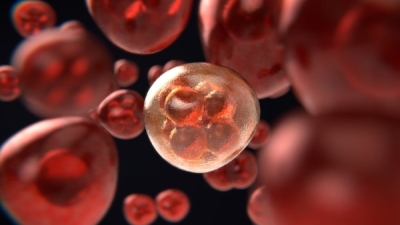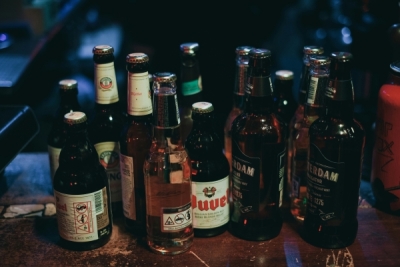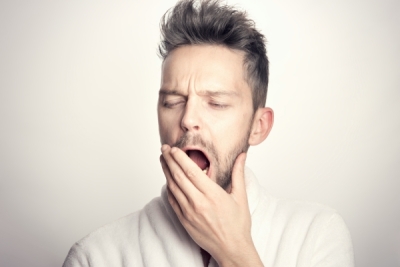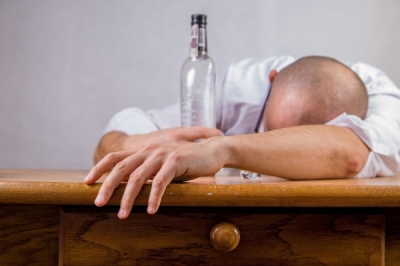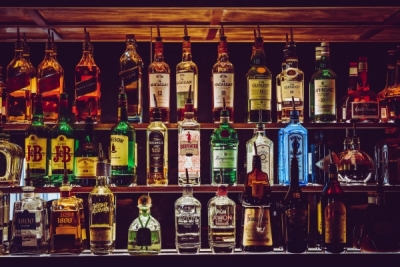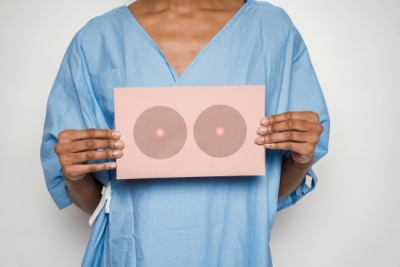You may have heard that “drinking a strong black coffee” or “taking a cold shower” alleviates a hangover. After overindulging in drinking, the next day, one can look for some homemade recipe or medicine that makes them overcome the effects of alcohol abuse the day before. Myths aside, it is true that there is no specific treatment or miracle recipe to “cure” a hangover, but there is evidence of alternatives that can alleviate some of the undesirable symptoms.
Research shows that both alcohol metabolism and the immune system play an important role in the development of alcohol hangovers (1). These studies reveal that higher blood concentrations of ethanol and oxidative stress (a combination of scavenging antioxidants and an increase in free radicals originating in the liver) are associated with more severe hangovers. And these processes are determined by the rate of ethanol elimination, that is, a faster elimination of ethanol is associated with less severe hangovers (2).
Some dietary components have been shown to influence alcohol metabolism, potentially affecting the development of a hangover. Dietary supplements like niacin (also known as nicotinic acid) and zinc play a key role in the oxidation of ethanol to acetaldehyde, for example. A study that evaluated the association between dietary intake of niacin and zinc with hangover severity showed that the intake of these supplements was negatively associated with overall hangover severity (3). In other words, the study suggests that higher intakes of niacin and zinc through the diet may contribute to less severe hangovers in social drinkers.
Another study carried out with the objective of evaluating the effects of a natural extract from French oak wood to relieve hangovers showed that, in the group that used the supplement before drinking, the scores of fatigue, weakness, thirst, headache, muscle aches and body aches were significantly less 24 hours after acute alcohol consumption compared to the control group (which did not ingest the supplement). The presence of gastrointestinal symptoms such as nausea, vomiting and stomach pain were also lower, in addition to sleep and rest being better in the group that ingested the extract. The authors conclude that this supplementation seems to relieve hangover symptoms more quickly, however, they point out that more studies are needed to confirm this association.
Another substance that has shown promise in controlling hangovers is the standardized ethanolic extract of Phyllanthus amarus leaves, which has a hepatoprotective effect. A clinical trial (5) showed that daily oral supplementation in subjects aged 21 to 50 years reduced some hangover symptoms and improved the mood of social drinkers.
Despite the promising results of these studies, it is important to emphasize that there is no treatment or miracle cure for hangovers. Supplementation may improve some of your symptoms, but it won't protect your body from the damage of heavy alcohol consumption. Therefore, the best alternative for those who want to drink and do not have any disorder or condition that prevents them from doing so is to practice moderate consumption.


